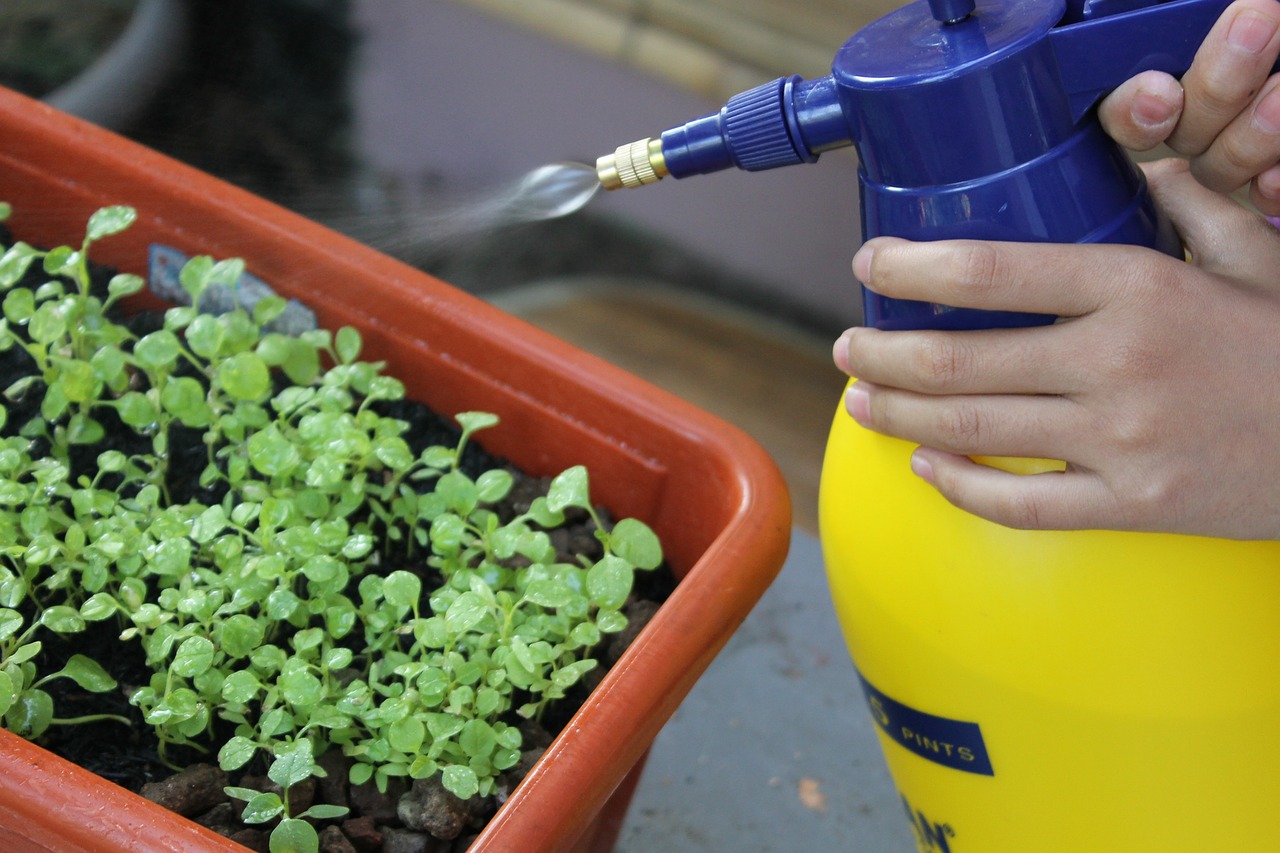If you are conscious about your health and you care a lot about what you put inside your body, you should definitely try to grow your own food. While you may not be able to grow 100 percent of your rations, you can grow a substantial portion of fruits, vegetables, and herbs for your daily consumption. You don’ have to be based in rural areas to grow your food, you can even grow foods in the urban space, all you need to do is utilize your front/back yard, terrace, porticos, roof terrace, etc.
When you are growing your food, you must also try to grow organically. The basic idea behind growing your food is to eat healthily, therefore, you should avoid planting genetically modified crops, using chemical fertilizers, and pesticides. Actually, it is really easy to grow food organically, you can make your own compost from kitchen waste and garden waste, as well as natural fungicides and pesticides.
As a gardener, you will find fungus is the most common problem in your plants. However, there is nothing to worry about because you can easily make your own fungicides at home. Thankfully, the homemade fungicides are as effective as the store-bought chemical fungicides. There are a lot of things that we can do at home to eliminate the fungus from plants. We begin to see fungal problems when brown spots appear on the leaves of our plants. That is the beginning of the disease. That will turn color yellow soon and it has spores that will spread all over the plant. So how can we deal with this fungus?
Manual removal of leaves: We can manually remove all these infected leaves as many as possible. It will stop the spores from spreading everywhere.
Mulching: Manually removing infected leaves sound daunting? Well, you can take measures that will stop fungus from developing. Mulching can stop fungus from developing. The easiest way to mulch is to gather fallen leaves and grass clippings and top the soil. This not only prevents fungus but can even stop fungus from spreading. Mulching prevents the spores from returning to the plant.
Aspirin: Aspirin may be very useful against fungus. Aspirin is a source of acetylsalicylic acid which builds up resistance in the plants. You may use them every two to three weeks for the plants. In order to use aspirin, crush one tablet and mix in one liter of water, keep it overnight and then spray on the plant foliage.
Baking Soda: Another solution is to use some of your kitchen ingredients, the baking soda. Baking soda is a good fungicide. To use baking soda as a fungicide, take 1 tablespoon of the baking soda, 1 teaspoon of vegetable oil, or a bit of mild soap and thoroughly mix these ingredients in 1 gallon of water. This will control black spots, white powdery mildew, and other fungal problems.
Garlic: Garlic is another solution against fungal diseases. This is a well-known natural remedy for fungicide one from the past. What you do is you use crushed garlic, mix it in water, and let it sit in the water for 12 hours. You then strain the mixture and fill the sprayer with garlic water, spray it in your plants, not only the infected plants for also the plants there are not infected yet. Garlic water does a very good job of controlling diseases.
Hydrogen Peroxide: This is another thing that you can find in your house. It is usually used to clean our wounds but also plays an important role in the organic garden. Hydrogen peroxide can control the spreading of various diseases as well as pests. However, you have to dilute it before you use it. The ratio is one tablespoon in one liter of water. Concentrated hydrogen peroxide can burn plants, thus, you need to be very careful with it.
Milk: Did you know milk is a great fungicide? You can control your plants’ diseases easily by spraying milk on the affected leaves. The ratio to make milk-based fungicides is by mixing 100 ml milk with 900 ml water. This will prevent powdery mildew on your grapes, squash, and melon. You can also use this spray to clean your tools to remove some diseases on your tools. Milk was found to be more effective than some other chemical controls.
Conclusion
Well, organic gardening is not difficult as it sounds. We can not only use our home items to grow food that is healthy and fresh but also manage the organic trash we generate.
